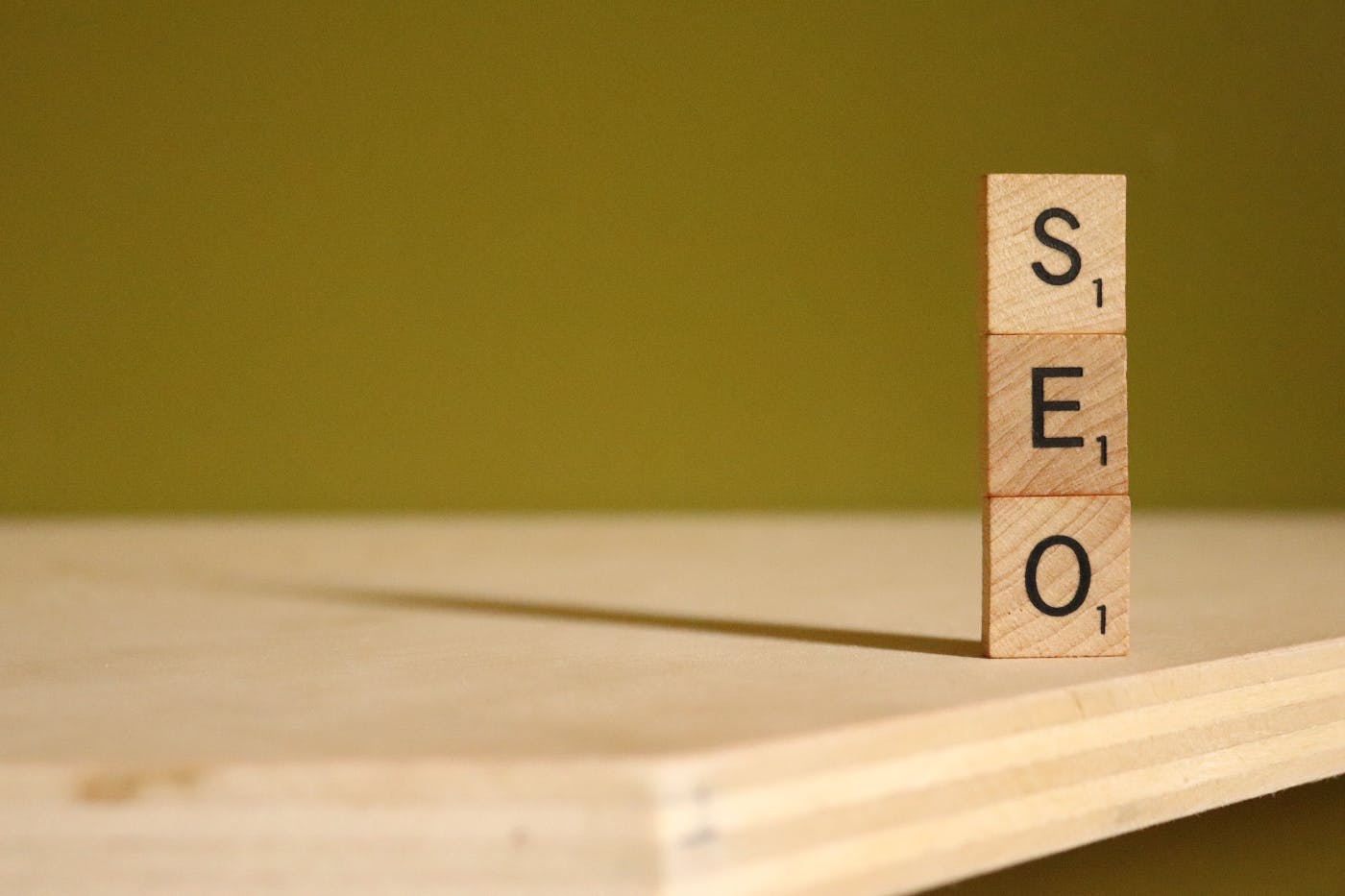
I worry that AI will make my job and me obsolete. Should I be concerned and take up arms against AI?
Dear Paul,
I am a copywriter with a small mom-and-pop business, and I’ve been with them for about ten years. I love the company and the people, and I have always loved to write. “Mom and Pop” have heard a lot about AI and ChatGPT; I worry that AI will make my job and me obsolete. Should I be concerned and take up arms against AI?
Signed,
Scribe in Fear

Dear Scribe,
Well, I can’t say that Mom & Pop will not see the whole ChatGPT as a cheaper way to go; they might. But, they will quickly see that they get what they paid for, ya dig?
There are a lot of worries right now about AI and ChatGPT and writers becoming obsolete. The fear is that AI will just replace writers because anyone can put in a prompt and get a massive amount of words spilled out on the page. Yup, the thing can produce, but that’s not to say it produces anything of real quality. It’s just trained to generate words based on given input. The bottom line is that ChatGPT does not write; it generates responses by culling the data that has been fed into it.
Here are a few things that may or may not ease your fear.
ChatGPT cannot feel. It has never been drunk on a street corner screaming up at the darkened windows of an ex-lover, begging them to take you back. It’s never been driven by the madness of emotion that makes people drag themselves into a bar and pay good money to pour gallons of bourbon down their throat in order to “teach her a lesson.”
Perhaps it can simulate Shakespeare as it moves through the Bard’s work, but it has never been in love the way Romeo is in love with Juliet. It has never written a poem because of heartbreak and lost love. It can put the right words together in a sentence to simulate that emotion, but it has no experience to draw from.
As a writer, you know that your experiences are what you draw upon. You personalize and specify the feeling, and then you can change it to apply to whatever you’re working on. Experience is what makes us human. Inputting data into an app is not the same as having experiences.
For one thing, if several people are present at an event, everyone will have a different experience because we are specific people; we have a collective consciousness, but how we experience and interpret what we’re experiencing comes down to the individual. ChatGPT is not an individual, and it has no personal view or life experiences.
I have a friend who has this strong personal connection to balloons. Something in his childhood has burned itself into his brain, and when he sees a balloon, specifically a semi-deflated balloon hovering inches about the ground, slightly crushed, for some reason, it breaks his heart. He’s tried to explain it, and I “get” it. I understand the situation on some level. But that’s as close as I can get. I don’t feel the same way he does, but I can intellectually understand what he’s feeling.

On the other hand, he can and has written short stories, poems, essays, and filled pages and screens with words about the feelings the sight of that deflated lonely balloon incites for him. It's dark, lonely, beautiful writing, and it comes from something in his past, and it’s triggered by the image of the balloon. That’s him; that’s human. That’s something an AI program will never have.
Try writing without any emotional connection. Even when you’re writing ads for the week’s specials, there is something personal to it. As a copywriter, you’re thinking about pain points and answers. You’re thinking about how this product solves a life problem, how it makes life better. To get there, you have to imagine your target audience and what they are experiencing and then come up with the language that connects you to them and them to what you’re selling or offering. Well, AI doesn’t have an imagination.
Now, many in this new field will tell you that AI can learn to detect emotions and demonstrate empathy. That’s true. But detecting and demonstrating is not the same as feeling and showing.
What AI gives us is a vague simulacrum of an emotional state, like a chart. This is a representation of sadness because this person is crying. But pointing at a picture of someone crying and saying “sad” is in no way the same as experiencing or understanding what sadness feels like. Because we, as humans doing human things, experience sadness in different ways. Someone might walk down the street, see that wilted balloon struggling along and give it a punch or pop it. My friend stops in his tracks and feels something deeply painful. His sadness is his. It is unique and personal. We can all feel sorrow, but what makes us sad and how we express that sadness, and why that is human and individual. That’s not AI.
ChatGPT still requires input, prompts, and a human to generate words. We learn, over time and with experience, what our emotional palette is. We learn and store that information and make it our own as we grow and live. Every person we encounter, every situation we experience, every meal we eat, and every memory we build passes through our personal, human filter, and then we do with it what we do.
Ultimately, AI and programs like ChatGPT do not have emotional experiences or human responses. So AI can simulate or generally replicate things but cannot feel, think, or experience. Those are things only breathing living creatures can do.
Until we can create an AI that has been stood up on a date, mocked in high school, fallen in love, been humiliated, been celebrated, felt desire, sadness, fear, etc., it can only share a representation, a print of reality. It will never feel, so it can never fully empathize or understand.
For you, writer, you need to understand that a thing like ChatGPT is a tool that you can use, and it can be beneficial. It can help you work your way out of a block and give you good prompts or ideas. You are in control of it, not the other way around. It may give you all the right words in the proper order, but it will always lack heart, soul, and experience. And, believe it or not, nothing can substitute for those.
So, no, Scribe, you shouldn’t worry, but you also shouldn’t ignore Ai and the possibilities it offers us. It is the wave of the future, and you can choose to ignore it and be left behind, or you can choose to understand it and use it for what it offers and work smarter and quicker.
I hope that helps.
If you have a problem you want Paul to tackle, drop him a line at paulk@thoughtlab.com. He’ll try to answer as many as possible.

